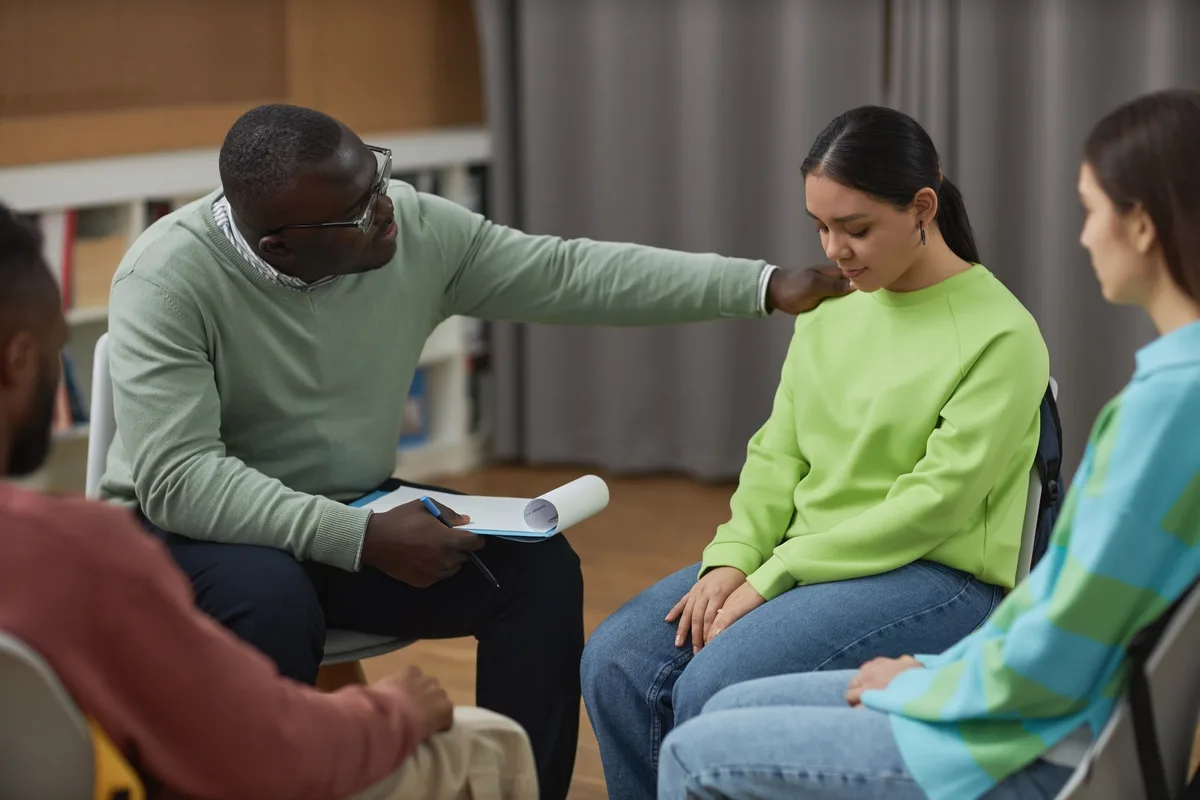24/7 Helpline:
(866) 899-221924/7 Helpline:
(866) 899-2219
Learn more about Substance Abuse Treatment centers in Laurens County

Other Insurance Options

Excellus

GEHA

PHCS Network

Providence

State Farm

Oxford

CareFirst
Beacon

MHNNet Behavioral Health

ComPsych

BlueShield

UMR

Humana

Medical Mutual of Ohio

Premera

Choice Care Network

Holman Group

Lucent

Ambetter

Regence













Promise of Hope – Women’s Location
Promise of Hope – Women’s location is a drug and alcohol rehab center located in Dudley, Georgia. Th...

FCC Behavioral Health – Stoddard County
FCC Behavioral Health - Stoddard County provides intensive outpatient and outpatient adult substance...

Southeast Missouri Behavioral Health
Southeast Missouri Behavioral Health is an outpatient facility that offers treatment for individuals...










































































































